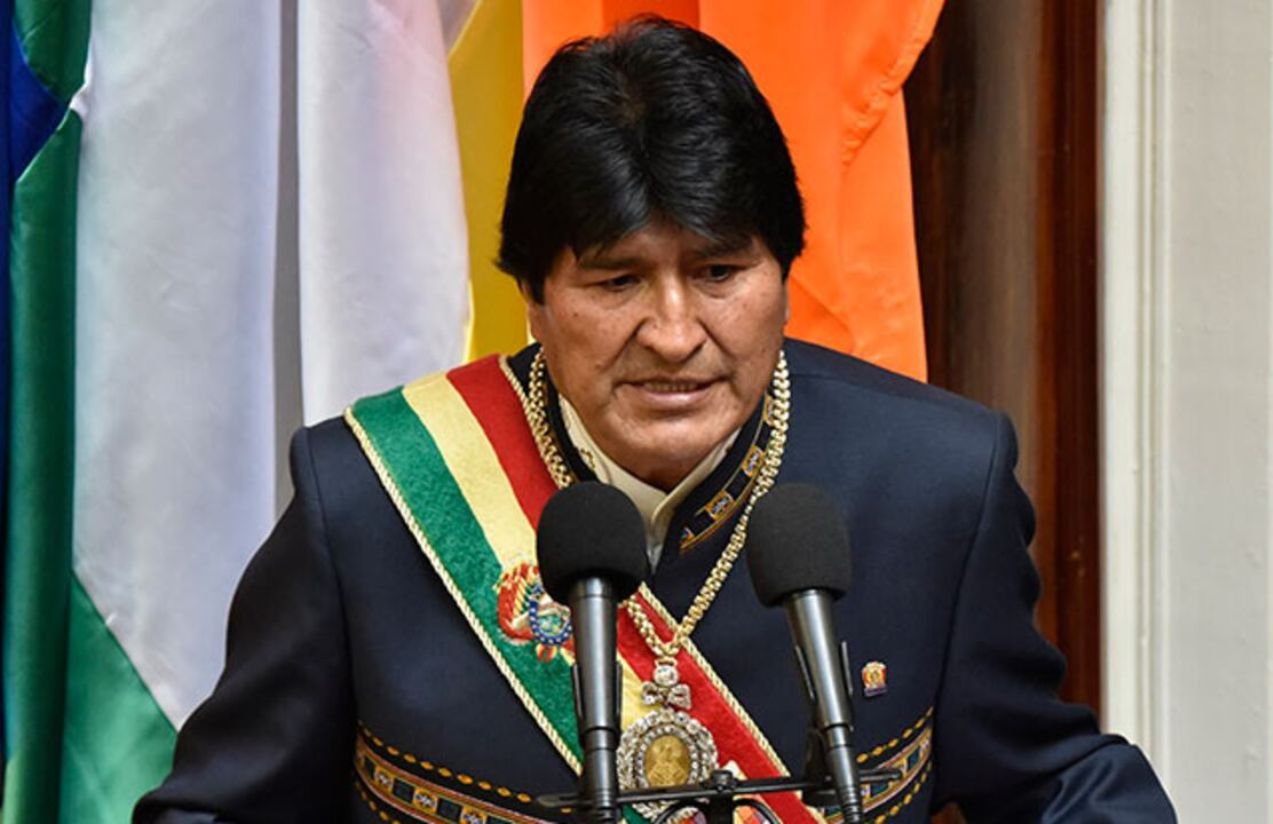Bolivia’s Supreme Electoral Tribunal (TSE) confirmed that former president Evo Morales was not registered as a candidate for the upcoming general elections on August 17. The statement came in response to a letter Morales sent last week requesting to be allowed to run.
In a letter released on Tuesday, acting TSE president Óscar Hassenteufel stated that “at no time was Evo Morales Ayma’s candidacy officially and legally submitted,” and therefore, the electoral body “did not issue any resolution on the matter.”
The letter responds to Morales’ appeal to the TSE to respect the “sovereign decision” of his grassroots supporters, who declared him their candidate through a new political group called Instrumento Político Evo Pueblo. Morales claimed that his nomination was a “legitimate and legal expression” and should not be excluded by “politically motivated resolutions outside the law.”
However, Hassenteufel reiterated that the TSE has no official record of such a political organization, and noted that Morales had resigned in March from the Movement for Socialism (MAS), the ruling party that brought him to power three times.
The electoral official also emphasized that, under Bolivia’s 2009 Constitution, rulings from the Plurinational Constitutional Court (TCP) are binding and must be enforced. This, he said, prevents the TSE from honoring other requests made by Morales, including allowing the participation of the Bolivian National Action Party (Pan-Bol), with which Morales has formed an electoral alliance.
Pan-Bol lost its legal status in May after failing to obtain the required 3% of the vote in the 2020 general elections, as mandated by Bolivian law.
Additionally, in November, the TSE and the judiciary validated a MAS party congress held in May 2024 by a faction loyal to President Luis Arce, during which peasant leader Grover García was chosen as the new head of the party. Following that decision, Morales ceased to be the party’s leader and has since sought to establish a new party, Evo Pueblo, though he has yet to begin the process to register it officially.
The former president, who ruled Bolivia from 2006 to 2019, continues to push for a new candidacy, despite a recent TCP ruling declaring that presidential re-election in Bolivia is allowed only once consecutively, making a third term unconstitutional.
In June, Morales supporters blocked roads in several regions for two weeks in protest, demanding his candidacy be accepted. The demonstrations turned violent, resulting in six deaths — four police officers and two civilians.
President Arce, who has been at odds with Morales since late 2021, said the goal of the blockades was to destabilize his government and derail the electoral process.
Last Thursday marked the deadline for the ten political parties authorized to participate in the August elections to replace any candidates who were disqualified or had withdrawn.

